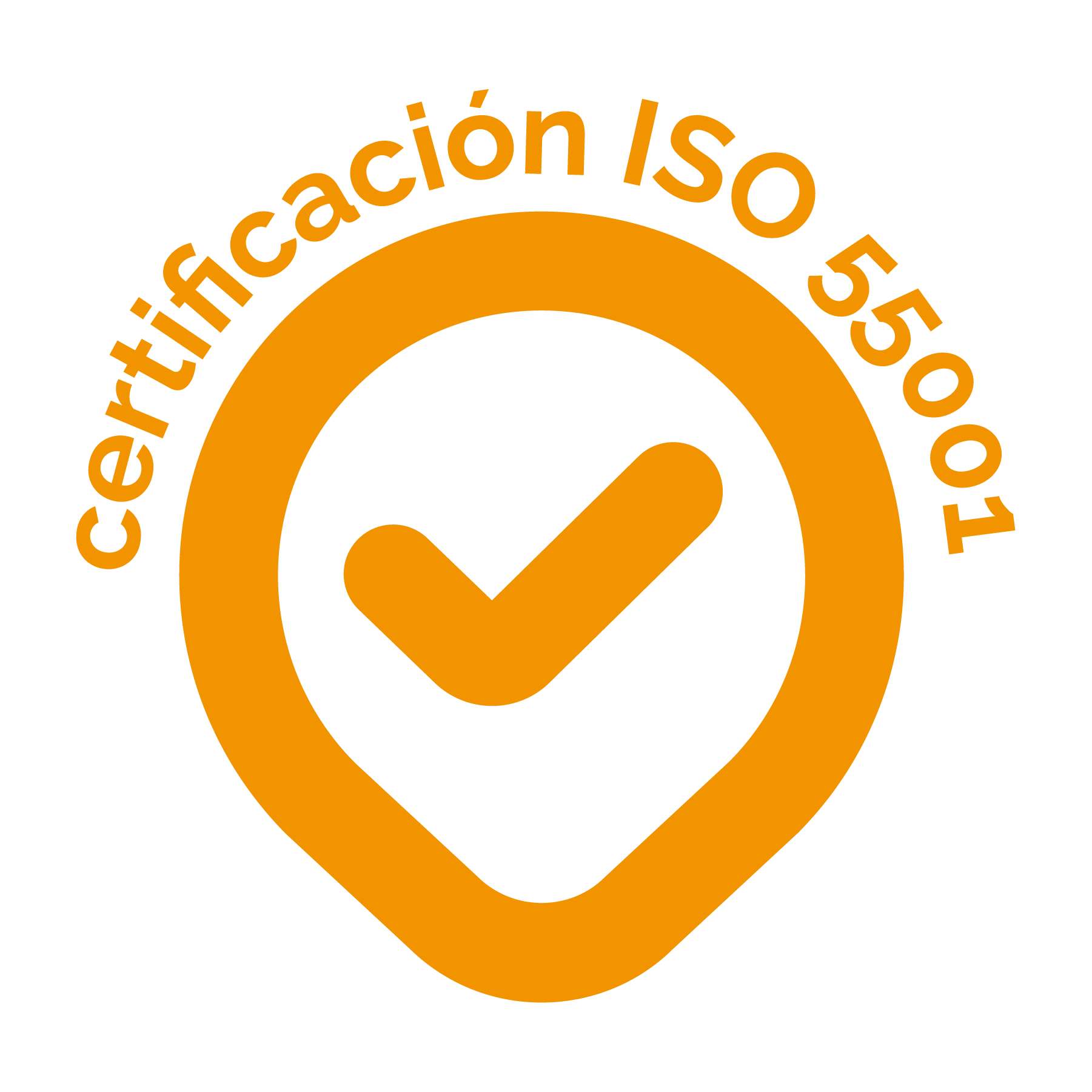In the case of founders seeking establish a strong foundation for their business, understanding ISO 9001 certification can be a transformative change. This widely accepted standard focuses on systems for quality management, helping companies guarantee they meet the needs of their consumers continuously while following regulatory requirements. But what precisely does it signify to be ISO 9001 recognized, and how can it benefit your company?
In a competitive marketplace, achieving ISO 9001 recognition demonstrates a commitment to quality and perpetual progress. It not only encourages customer satisfaction but also enhances operational efficiency. For many business owners, maneuvering through the world of ISO standards may seem daunting at first. However, breaking down the procedure and recognizing its importance is essential for those looking to advance their company to new heights.
Comprehending ISO 9001
ISO 9001 is a globally certified standard for quality management systems. It provides a structure for businesses to guarantee that they reliably meet customer demands and improve customer satisfaction. By adopting ISO 9001, organizations can refine their processes, enhance efficiency, and reduce waste, which eventually leads to higher quality products and services.
One of the core principles of ISO 9001 is the concentration on perpetual improvement. This indicates that organizations are urged to evaluate their processes frequently, recognize areas for enhancement, and make changes that lead to superior performance. This commitment to perpetual improvement not only benefits the organization but also nurtures a culture of quality among employees, inspiring them to take control of their work and aim for excellence.
Obtaining ISO 9001 certification can offer considerable advantages to entrepreneurs. It serves as a testament of an organization's commitment to quality, which can enhance credibility and trust with customers and stakeholders. Additionally, being ISO 9001 certified can provide new market opportunities as many clients and partners require businesses to have established quality management systems in place.
Benefits of Certification
Obtaining ISO 9001 certification provides multiple benefits to an organization. A key benefits is increased customer satisfaction. By implementing a quality management system aligned with ISO 9001 requirements, businesses can regularly deliver services and solutions that meet customer expectations and regulatory requirements. This dependability fosters confidence with clients, promoting repeat business and favorable referrals.
Furthermore, ISO 9001 certification can simplify internal processes, leading to improved efficiency. Organizations are motivated to identify areas for improvement and reduce wasteful practices. By normalizing procedures and fostering a culture of constant development, companies can reduce operational costs while enhancing productivity. This efficiency not only benefits the business but also contributes to superior resource management.
Moreover, ISO 9001 certification can provide a market advantage in the market. Many potential clients prefer or even require suppliers to hold ISO certification as a confirmation of quality. By being certified, businesses can distinguish themselves from competitors, open additional market opportunities, and enhance their reputation. certifyproinsights.ma can be crucial in establishing reliability and assuring clients of the adherence to quality standards.

This Certification Procedure
The accreditation process for ISO 9001 starts with an first assessment of the organization's existing quality management system. Business owners need to get acquainted with the ISO 9001 standard and recognize any gaps between existing practices and the requirements. This preparation phase involves educating staff, documenting processes, and making sure that all employees is aware of their roles in maintaining quality. Executing a thorough internal audit can help identify areas that need enhancement before moving forward.
Once the organization feels equipped, it can contract a certified external body to perform the official audit. This stage involves a thorough review of the quality management system in accordance with the ISO 9001 standard. The auditors examine the recorded procedures, check employee compliance, and observe processes in action. This audit usually takes several days and concludes in a report that lists any non-conformities that must be resolved to achieve certification.
After addressing any non-conformities, the organization can provide its corrective actions to the certification body. Once these actions are assessed and validated, the organization is given ISO 9001 certification. Sustaining certification requires ongoing compliance, including routine audits and ongoing improvement efforts to make certain that the quality management system develops with the organization’s demands and changes in field standards.
